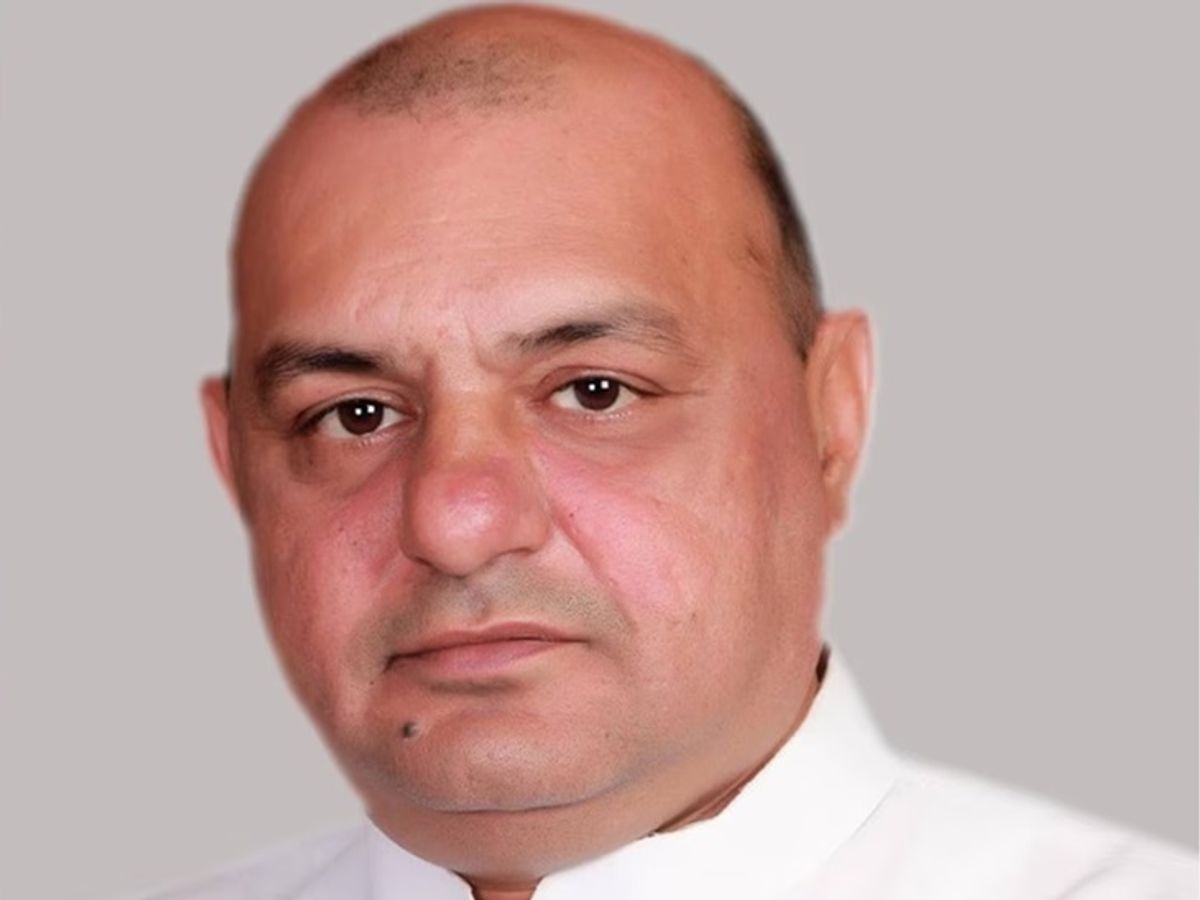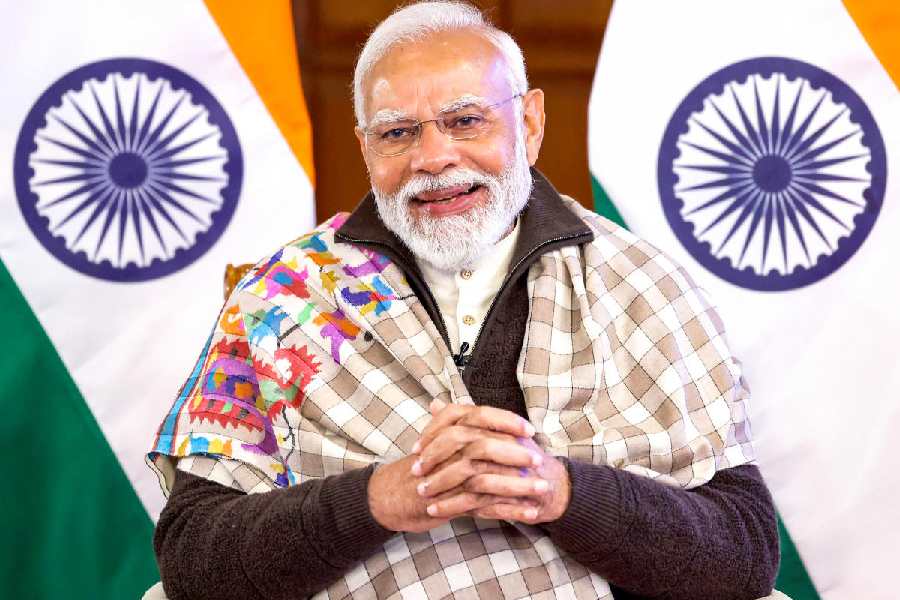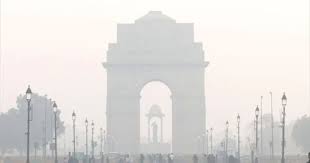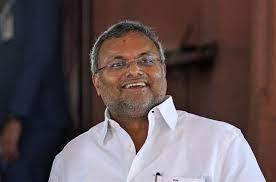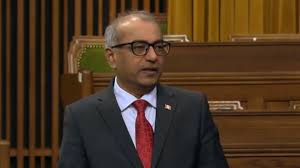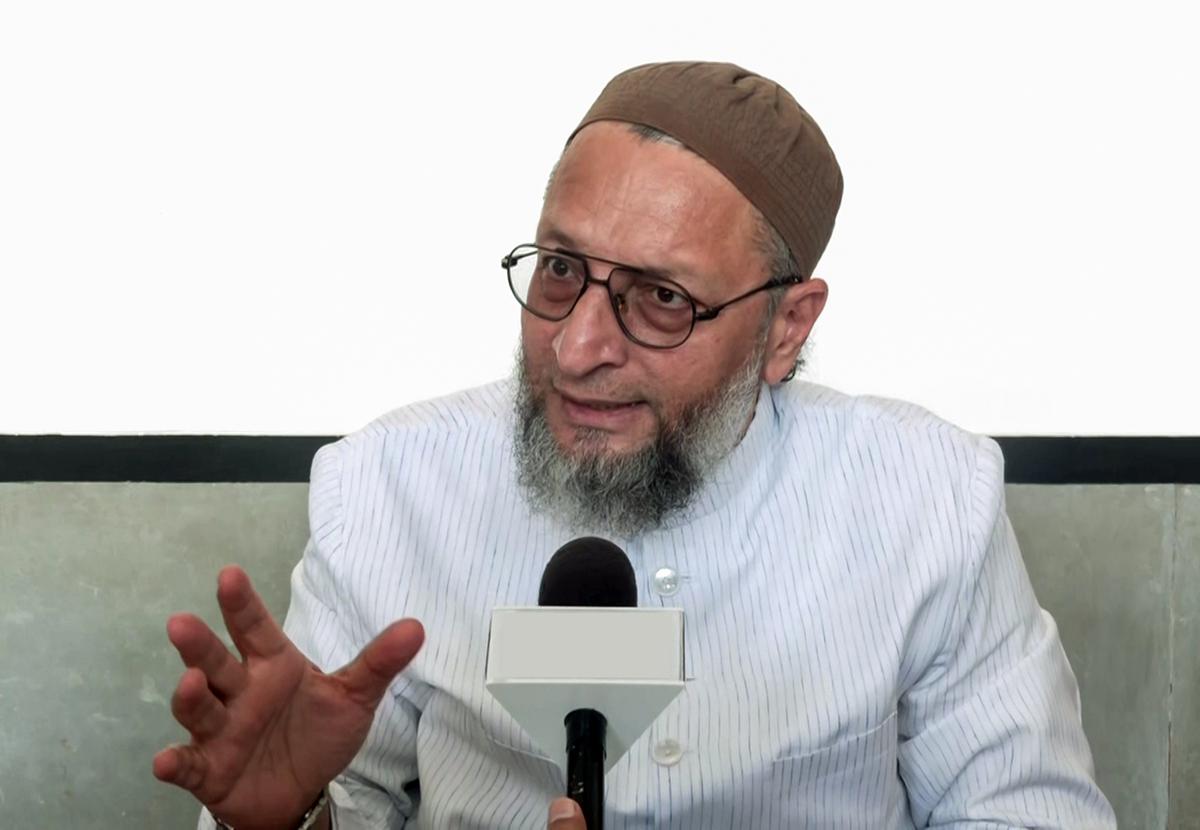Zakat distribution surges in Hyderabad, benefiting needy in various ways
Wed 20 Mar 2024, 00:56:10
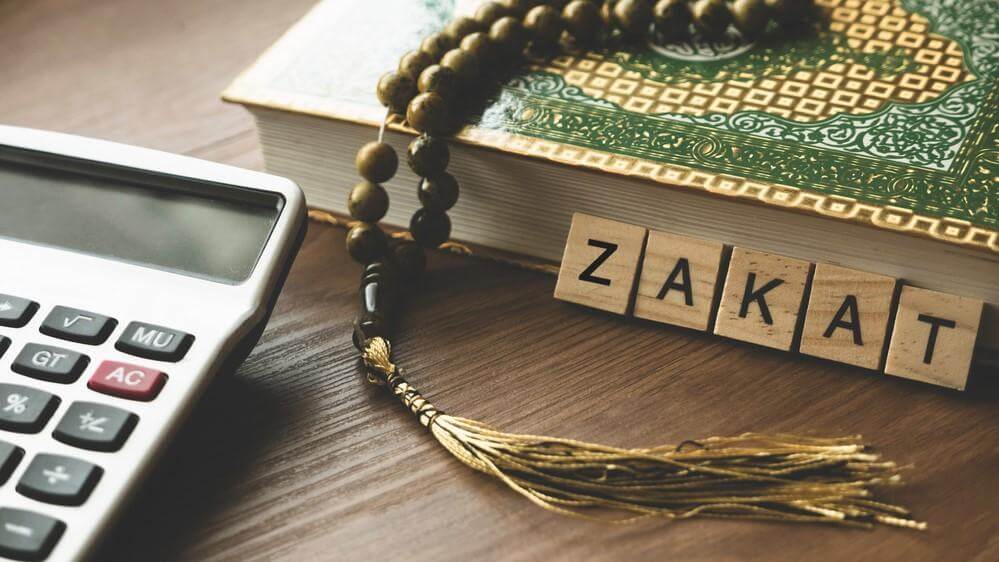
With each passing year, the distributions of Zakat in the city is increasing several folds and the process is slowly getting channelized to make sure the amount reaches the needy. Last year, roughly about Rs. 250 crores of zakat was dispensed among the underprivileged in Hyderabad.
The Muslims calculate the zakat, one of the five pillars of Islam, on one’s annual savings with at least 2.5 per cent of it to be distributed. It is mainly distributed during Ramzan.
Hafez Mohd Rizwan Qureshi, Khateeb, Mecca Masjid, explained it is obligatory for every Muslim who is ‘sahib–e-nisaab’, meaning one whose annual saving equals not less than the value of 77 grams gold or 520 grams silver. “There is great awareness about the zakat in community and many are coming forward and donating it,” he said.
Traditionally, the zakat amount is used to help people with food and clothing during Ramzan. However, with several dedicated social organizations entering into zakat collection, the process of collecting and spending on needy is streamlined now. The amounts are channelized for health and
education.
education.
Mujtaba Hasan Askari, president of Helping Hand Foundation, a city based NGO, said several families benefitted through free medical treatment through zakat money. “Free surgeries and transplants at corporate hospital were facilitated for the needy with the donations,” he said.
However, the youngsters prefer to get directly involved with the distribution process and are more focused on sponsoring the education or setting up small business for unemployed.
“Few among the food delivery boys, e-commerce delivery executives or bike or cab taxi drivers with whom we interact are also needy. Some of them are students doing part time job to fund their education or support their families and we help them,” said Mohd Khalid, a software professional.
Shireen Begum, an advocate said working women who qualify for donating zakat are visiting the slums and helping women in distress by setting up small home-based businesses for them. “Women apparels, hand bags, cosmetics, beauty parlour, tailoring shop etc. are being set up to make the women who are in poverty become self-supporting,” she said.
No Comments For This Post, Be first to write a Comment.
Most viewed from Hyderabad
Most viewed from World
AIMIM News
Asaduddin Owaisi questions PM Modi's China policy
Jan 08, 2025
Owaisi slams UP over police post near Sambhal mosque
Dec 31, 2024
Owaisi hails SC order on Places of Worship Act
Dec 13, 2024
AAP Corporator Tahir Hussain joins AIMIM party
Dec 11, 2024
Latest Urdu News
Most Viewed
May 26, 2020
Which political party will win the Delhi Assembly polls to be held on Feb 5?
Latest Videos View All
Like Us
Home
About Us
Advertise With Us
All Polls
Epaper Archives
Privacy Policy
Contact Us
Download Etemaad App
© 2025 Etemaad Daily News, All Rights Reserved.

.jpg)
.jpg)
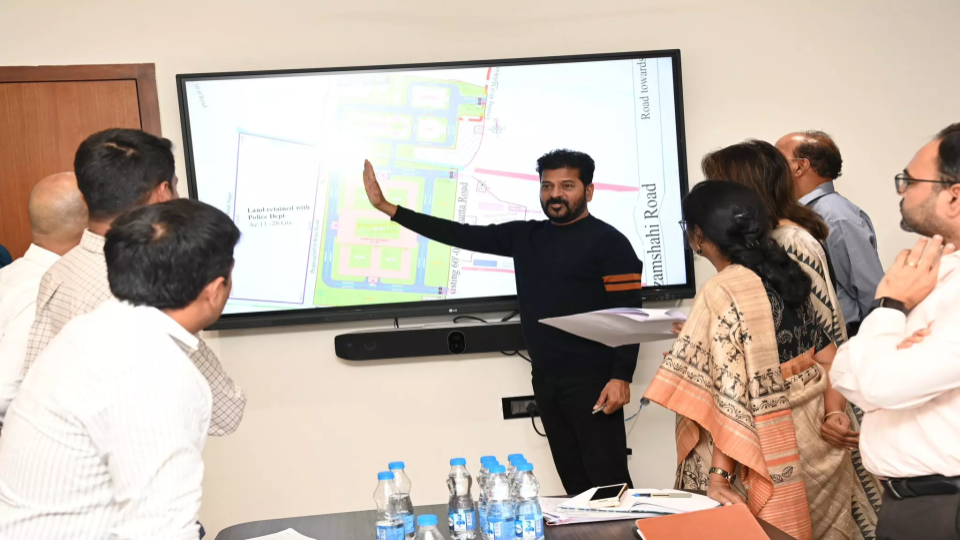
.jpg)
.jpg)
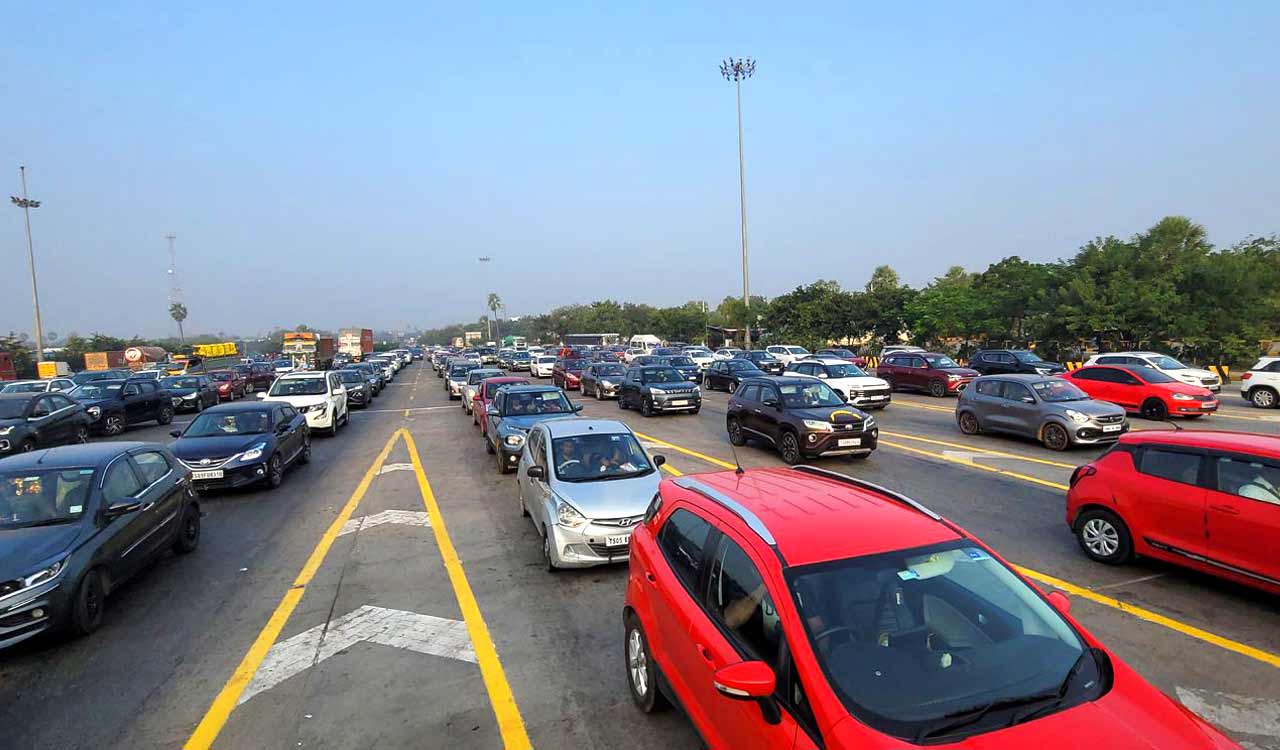

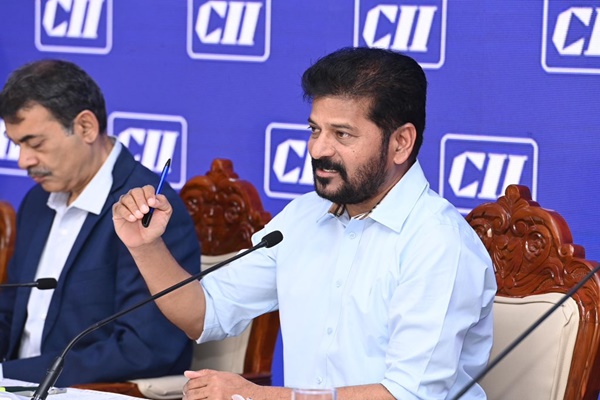

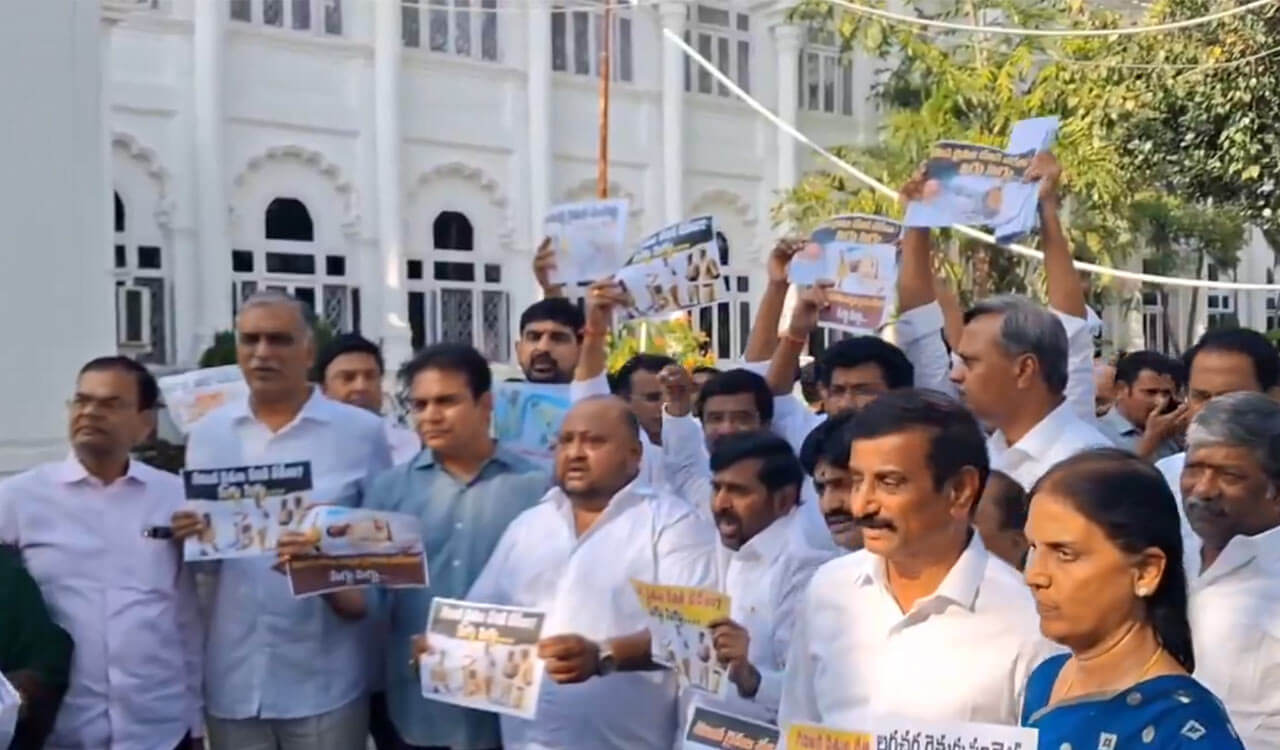
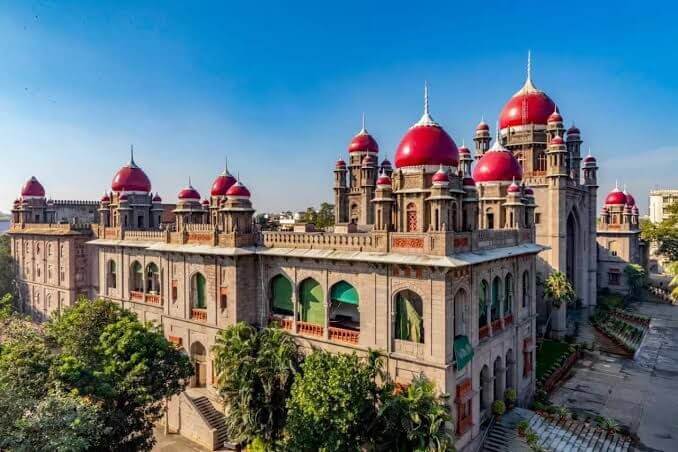
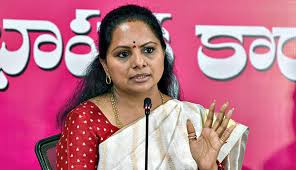
.jpg)
.jpg)
.jpg)
.jpg)
.jpg)
.jpg)
